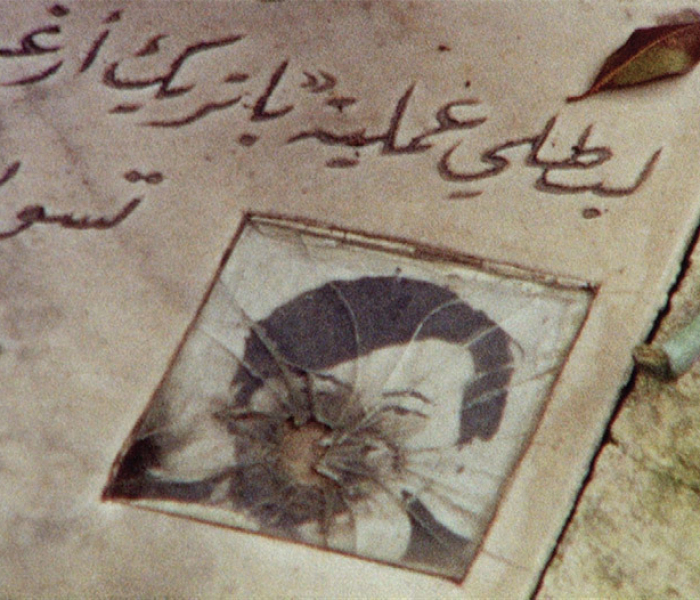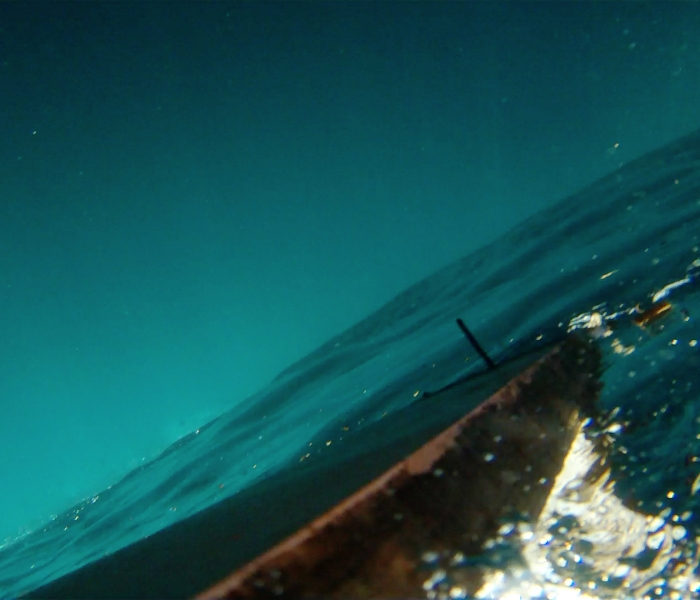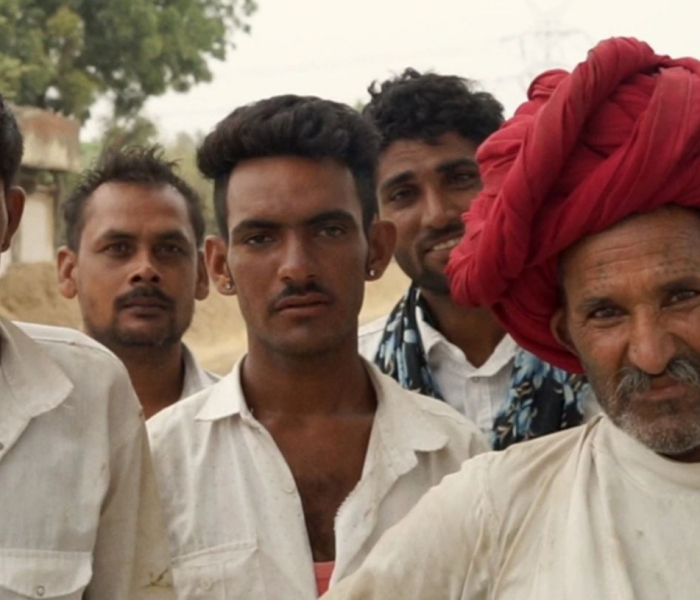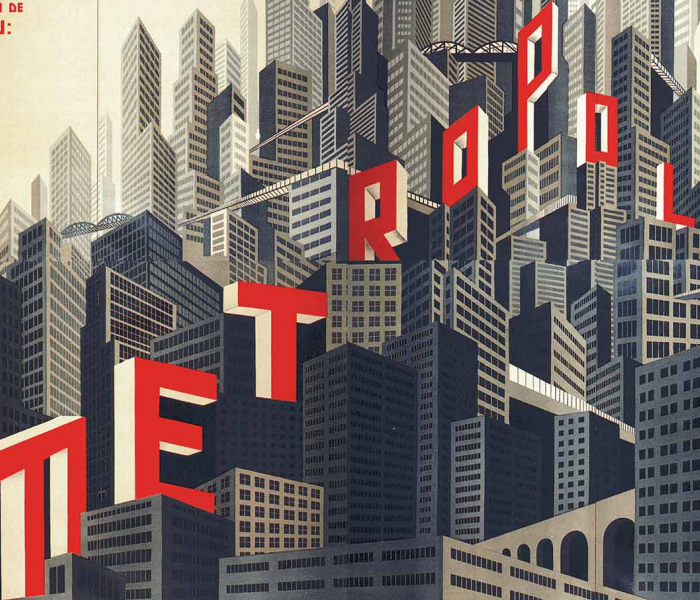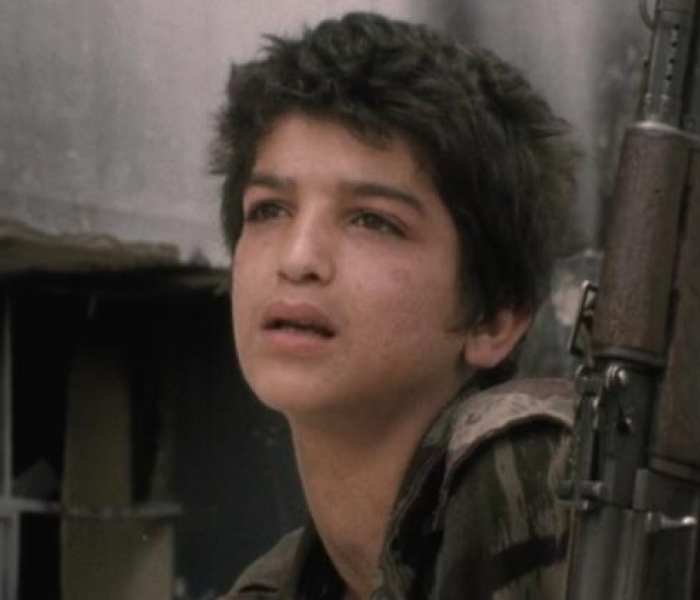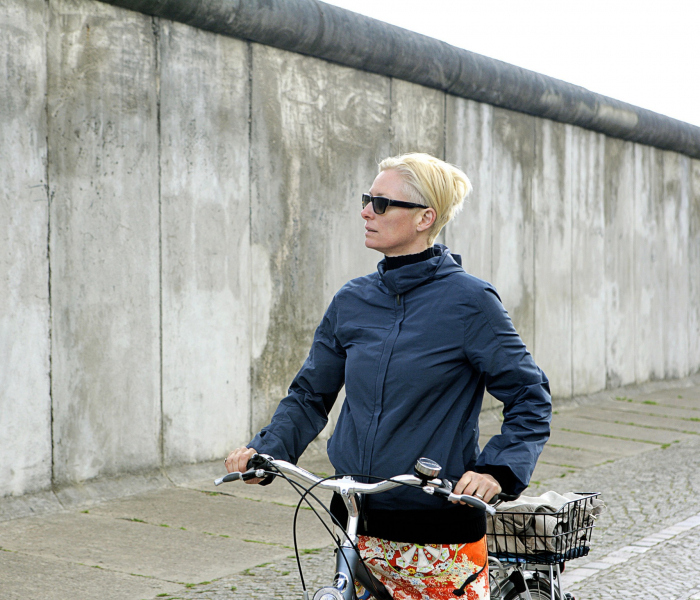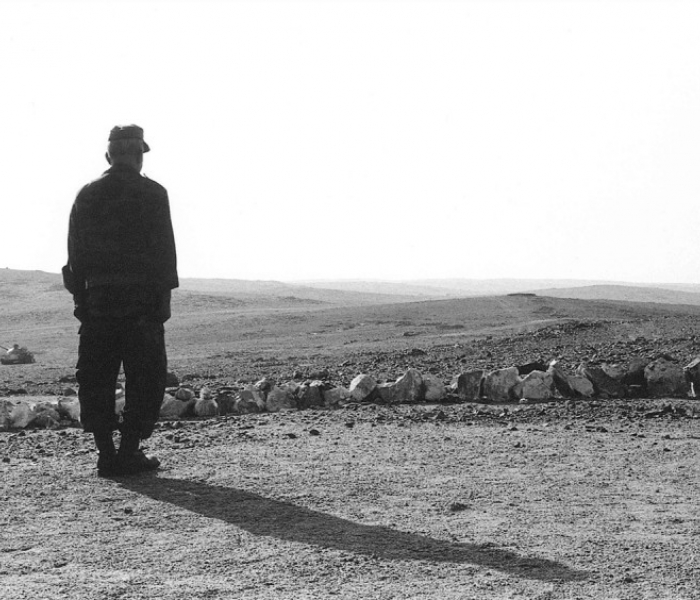
Cinema Programme 2023, A.M. Qattan Foundation
MAPPINGS IN CINEMA: Ideas and Depictions of the Politics of Space on Film
Film Programme 2023, Curated by Sheyma Buali
Introduction
The study of space and place is, in essence, an existential study of modernity. With the rise in migration, nation building, and economic restructuring, the repercussions of design and limits of spatial surroundings on the human psyche became more defined.
At the same time, since cinema is a product of modernity, images of space and place were feeding into narratives and ideas. The image became part of the official narrative of place. It also gave life to critical questions about the effects and influences by and on bodies and movement within those spaces. Literal and symbolic meanings were expressed in linear and non-linear forms of filmmaking.
As technology and urbanism progressed side-by-side, so did ownership, surveillance, and class structure. These also went into more complex – at times peripheral, but always unfolding – studies of gendered spaces, border politics, and the right to home. What are the reactions and effects we see?
This film programme aims to take viewers on a journey through an archipelago of spatial politics. First, this programme focuses on the information and narratives our spaces, and images of space, project. Through the many filmic forms and styles, we will look at history, design, memory, economics and imagination to unravel layers of politics that sit within natural and built environments. We will also look at how the cinema’s dialogue with landscape, or even the sense of landscape, is used in storytelling, and what that represents in the surrounding context of time and place. Some will dip into cinema’s role in nation formation and national pride, vis-à-vis spatial framings, for example. Including fiction and non-fiction, these films are ethnographic, informative, surreal and epic. More precisely, we will look at how spaces – the finite and the infinite, the imagined and the real – define the human experience and one's right to life, the intention around it and where power sits therein.
The programme is divided into sections, each section made up of films that inform and question each other. These sections will overlap with each other and some titles are also relevant to other sections. For example, in her Beirut Trilogy, Jocelyn Saab’s stream-of-consciousness mappings of the Lebanese civil war hold the same playful fantasy as the psycho-geographers. Some recurring themes include separation walls and borders, remembering and forgetting, crime and urbanism. The selections aim to encourage theoretical discussion, rather than educational packaging. We will oscillate between two general types of film: objective documentary and suggestive cinema.
The first film set starts with Landscape Theory, a theoretical spatial-cinematic concept that will echo throughout the programme. Originally developed by Masao Adachi, these narratives are told through visceral images of settings and landscapes. In these four films, Adachi’s and Eric Baudelaire’s cinematography, respectively, drags landscapes alongside the psyche of recently committed murders placing them within political atrocities of a broader past. The next set of films, Home to Syria, looks at the right to country through three very different documentaries about the Syrian migration crisis of the past decade: from design policy, to a rushed reuse of an abandoned airport, to existential questions on borders. These three films present questions about our right to home as human beings, who makes those policies, and what the outcomes are. Delving deeper into the right to home we see the consequences of urbanisation and threats of dislocation in the inner city. City Divides looks, from various angles, at the role of real-estate economics in dividing classes further. Cities of Salt focuses on the city itself with four films that visit the invisible forces that build cities. Economic and geopolitics are the forces that move populations, dictate their way of life, and physically build and break our cities. The psycho-geography section brings us into a more playful area of imagination, cities and politics. Taking a common walk is presented on film through psycho-mapping and poetic merging of history and fantasy. Spaces of Resistance includes three films that visit politically confined areas, creating a space for a united, resilient people. Through the images of the landscapes that surround them, we witness their will, how it is photographed, and the words they use to narrate the situation that engulfs them.
The programme invites you to look at the myriad of compositions that spaces and cinema can take, the dialogues between them, their politics, and the human emotions and realities they present.

